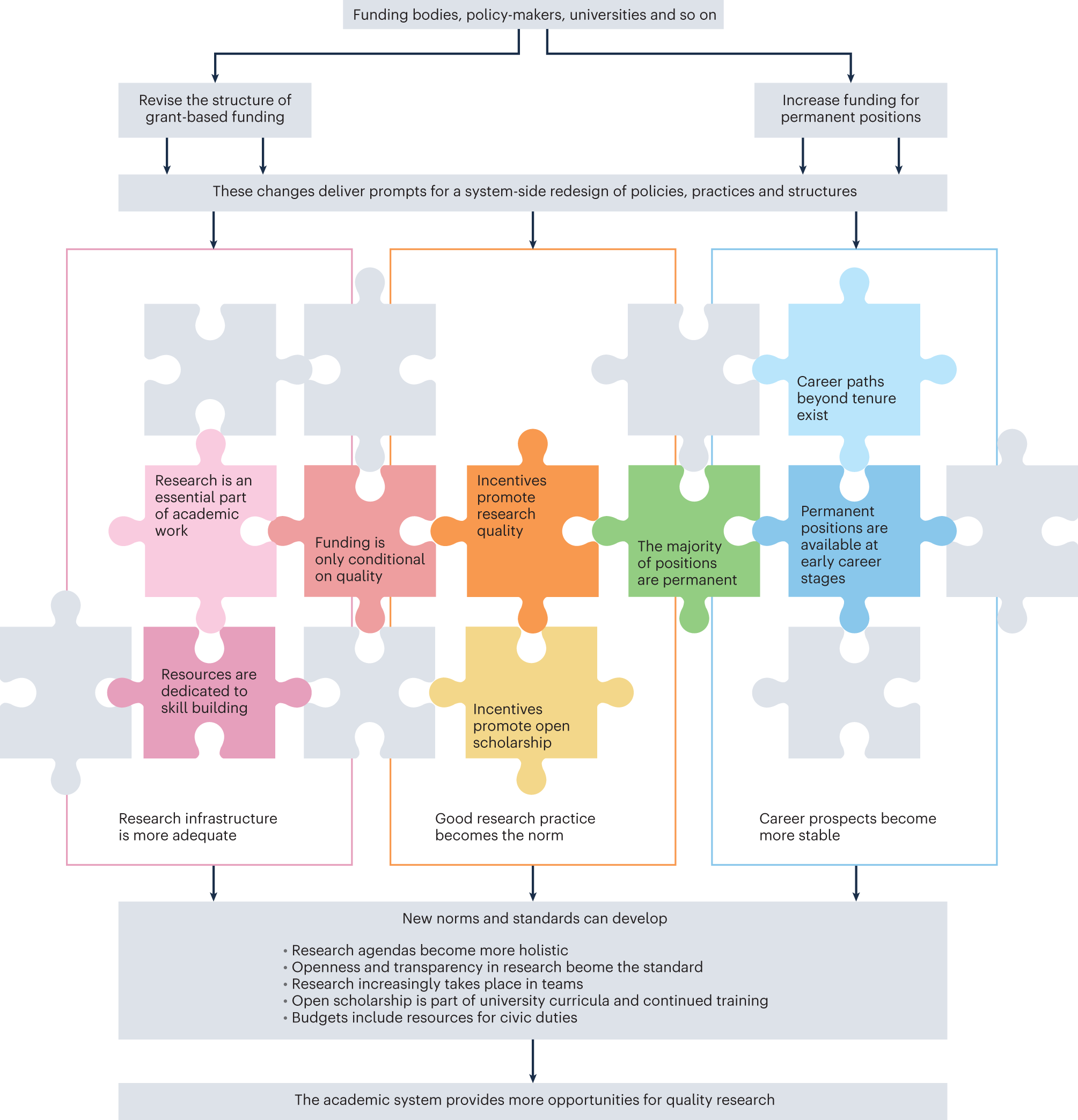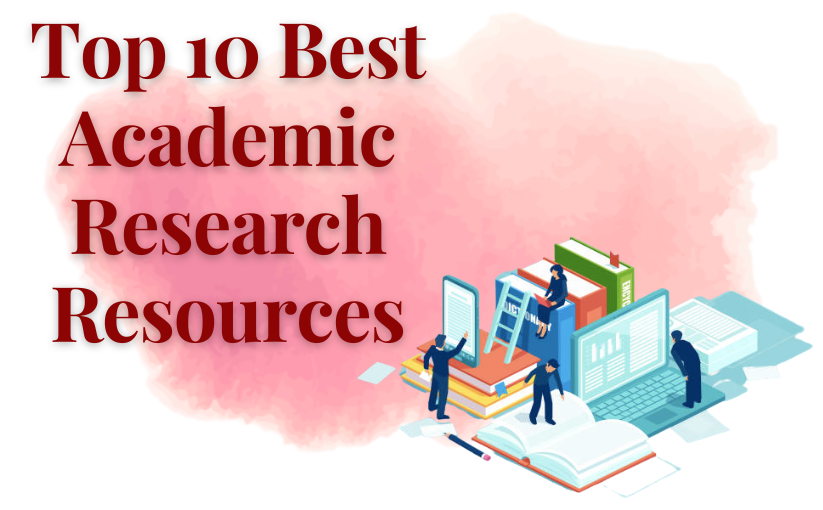Where to Find High-grade Academic Resources for Your Research
Determining high-grade academic sources is essential for strenuous study, yet navigating the large landscape of offered materials can be intimidating. In addition, on the internet scholastic databases like JSTOR and PubMed accumulated scholarly short articles, while open accessibility journals offer more inclusive access to research study findings. Comprehending just how to leverage these sources efficiently could considerably affect your research end results.
College Libraries

Beyond physical collections, college collections typically offer specific research aid, consisting of consultations with librarians who possess subject know-how (Docentra). This advice can considerably enhance the performance and performance of the research process, allowing individuals to browse complex info landscapes with greater convenience
Additionally, numerous collections supply access to uncommon and historical products, which can be invaluable for innovative research jobs. Such distinct sources typically include primary documents, manuscripts, and historic collections that are not easily available in other places.
Additionally, college collections often hold workshops and seminars targeted at enhancing details literacy skills. These initiatives encourage trainees and professors to critically examine resources, an important skill in today's information-rich atmosphere. In general, university collections not only offer as repositories of knowledge yet likewise function as dynamic hubs that promote academic development and technology.
Online Academic Databases
In the world of academic research study, online academic databases play a critical duty in supplying trainees and scholars with immediate accessibility to a wide range of scholarly posts, journals, and other essential resources. These electronic databases work as central systems where customers can effectively look for peer-reviewed literary works throughout various self-controls.
Noticeable data sources such as JSTOR, PubMed, and Scopus host extensive collections that cover a wide variety of topics, from the humanities to the sciences. Docentra. By utilizing advanced search performances, researchers can fine-tune their questions, filter results by publication day, and gain access to citation devices, therefore enhancing the study procedure's effectiveness and precision
Moreover, several databases use functions like notifies for brand-new publications and the capacity to conserve and arrange articles, additionally simplifying the research experience. Subscriptions to these data sources are frequently offered via scholastic organizations, approving pupils and professor unrestricted accessibility to premium content.
Open Accessibility Journals
Significantly, researchers are turning to open up accessibility journals as a complementary source to standard academic data sources. These journals give a valuable system for disseminating study findings without the economic barriers commonly related to subscription-based publications. Open up access versions enable for cost-free on the internet accessibility to scholarly short articles, ensuring that research study comes to a bigger audience, consisting of experts, policymakers, and the public.
The high quality of click here to read open accessibility journals has dramatically improved, with lots of adhering to strenuous peer-review processes and being indexed in reliable data sources. This change has promoted greater openness and partnership in the scholastic neighborhood, as researchers can share their work a lot more easily and obtain comments from varied viewpoints.
Furthermore, the spreading of open access journals aligns with the international movement towards open science, promoting the concept that openly financed research need to be freely available to all. Researchers seeking high-grade scholastic resources must consider credible open access journals, such as those noted in the Directory site of Open Gain Access To Journals (DOAJ) or those released by acknowledged scholastic societies. By integrating open gain access to journals right into their study methods, scholars can boost the presence and impact of their work.
ResearchGate and Academia.edu
ResearchGate and Academia.edu have become crucial systems for academic networking and understanding sharing, with numerous scientists leveraging these sites to distribute their job and attach with peers. Both platforms allow customers to create accounts that display their magazines, research study interests, and scholastic success, assisting in higher presence within the academic neighborhood.
ResearchGate, established in 2008, concentrates on promoting cooperation amongst scientists with functions such as research study collaboration tools, project sharing, and question-and-answer forums. Users can submit their papers, involve in discussions, and adhere Read Full Article to the job of others, enhancing the collective potential of their study. The platform likewise provides metrics Check Out Your URL on paper exposure and downloads, enabling scientists to gauge the influence of their work.
Academia.edu, released in 2008 too, runs in a similar way however highlights the sharing of academic documents. Users can adhere to certain research topics and obtain updates on brand-new publications within their locations of rate of interest. Additionally, Academia.edu supplies analytics on visitor engagement, helping researchers understand their audience much better.
Both platforms work as valuable sources for accessing top notch scholastic content and fostering connections that can lead to impactful cooperations.
Google Scholar and Beyond
Academic networking platforms like ResearchGate and Academia.edu play a considerable duty in disseminating study, however Google Scholar offers a different measurement by functioning as a comprehensive internet search engine for scholarly literature. It indexes a substantial range of sources, consisting of peer-reviewed write-ups, theses, publications, meeting procedures, and licenses, making it a vital device for researchers throughout disciplines.
Google Scholar offers various features that improve research study efficiency. The citation tracking feature permits users to see exactly how often a paper has been mentioned, offering insights right into its effect within the academia. Furthermore, the "associated write-ups" attribute helps scientists uncover similar research studies, helping with a much more extensive exploration of a topic.

Verdict
To conclude, accessing premium scholastic sources is vital for strenuous research. College libraries supply comprehensive collections and skilled assistance, while on-line academic databases such as JSTOR and PubMed streamline scholarly posts. Open gain access to journals remove financial barriers, promoting bigger circulation of expertise. Systems like ResearchGate and Academia.edu improve cooperation among researchers. Google Scholar offers thorough search abilities and citation monitoring. Making use of these sources collectively can significantly boost the high quality and deepness of scholastic research.
Comments on “Why Students and Instructors Rely on Docentra for Premium Learning Content”